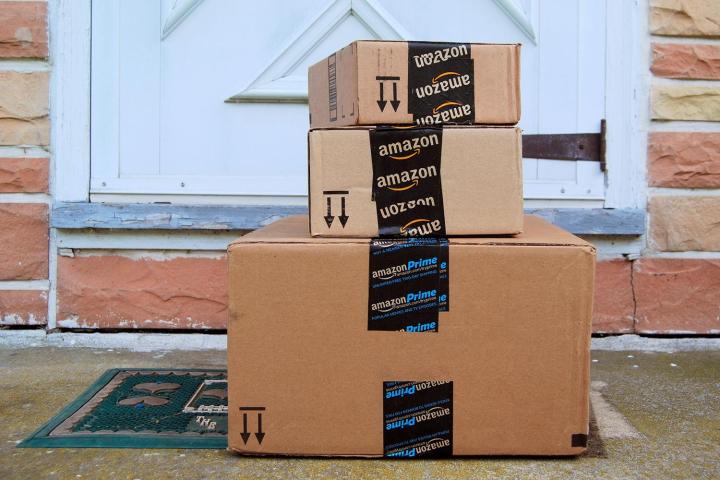
The Civil Aviation Authority (CAA) had its case against Amazon U.K. brought before a judge in a London court after the agency received a complaint from Royal Mail. According to the postal service service, it stopped three packages from entering the system after it deemed the packages dangerous, with a fourth packaged stopped by UPS.
Royal Mail alerted Amazon of the dangerous packages back in 2013, but the company continued to ship out packages containing dangerous goods, specifically aerosols and lithium batteries. To make things worse, the company was told of 782 packages between November 2013 and May 2015 that contained these dangerous goods, and that should not be airmailed.
The problem was not that Amazon did not know the materials were dangerous — aerosols are stored away from other goods in its warehouse, and warehouse workers are trained in the dangers of lithium batteries. The problem, according to remote reviews by staff in China, Romania, and India, was that the four packages were improperly designated as non-dangerous, even though Amazon’s computer systems flagged them as dangerous.
Amazon tried to defend itself by saying it shipped over 331 million packages between November 2013 and May 2015, making the success rate “a pretty cracking” rate. In the end, the judge found Amazon guilty, saying that the company did not take the proper steps even though it was repeatedly warned. As a result of the sentence, Amazon will need to fork over 65,000 pounds ($84,000), as well as an additional 60,000 pounds ($77,860) for prosecution costs.
“The safety of the public, our customers, employees, and partners is an absolute priority,” said the company in a statement after the sentencing hearing. “We ship millions of products every week and are confident in the sophisticated technologies and processes we have developed to detect potential shipping hazards. We are constantly working to further improve and will continue to work with the CAA in this area.”


